Life of service to God and Church
News
Philip Wilson’s love affair with the Catholic Church and his strong desire to be a priest began at an early age.
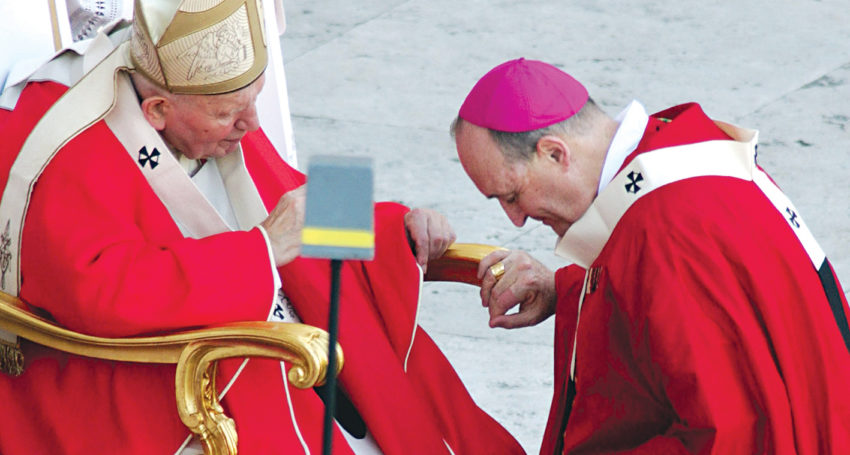
The eldest of five children to Joan and John Wilson, he had a very happy childhood growing up in Cessnock, New South Wales.
His parents had a huge impact on his faith. John was a pharmacist who regularly attended Mass during the week and never went to bed at night without kneeling down and saying his prayers. He and Joan, a convert, would pray the rosary together every day.
His sister Joanne was born three years after him, followed by Marie-Anne, Mark and then Paul, who was 14 years younger. Sadly Paul was diagnosed with cancer two weeks before Philip was nominated as bishop and nine months later he died at the age of 31.
Advertisement
While the Catholic faith was important to the Wilsons, there were also lots of fun times with friends, holidays on the coast and family gatherings. They were ‘normal religious, just good people’, Philip once said.
As a small boy Philip loved going to Mass and was an altar server in primary school. He was influenced by the ‘Joeys’ who taught him, in particular one Sister who encouraged him to join the local library, sparking a lifelong love of reading and curiosity in the world around him.
His interest in the priesthood as a youngster waned a little when he went to boarding school at St Joseph’s, Hunter’s Hill. It became apparent that there were some “very attractive opportunities out there” and he tossed around the idea of a lay role in the Church. But by 16 he decided he had to be a priest.
“I think my mother and father created so much space for God in me through the reality of their life together that that’s what happened,” he told The Southern Cross on his arrival in Adelaide.
He also credited the Marist Brothers at St Joseph’s as a crucial factor in the “persistence of my vocation”.
“These Brothers taught me so much and were great and inspiring mentors for me. They were real men of God.”
As a teenager Philip became fascinated in the Second Vatican Council and was especially taken with Pope Paul VI who was to become a great influence on his religious life.
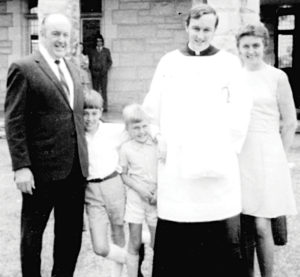
Philip Wilson with his parents and younger brothers at the seminary.
Despite his parents encouraging him to pursue an academic career first, Philip entered St Columba’s Seminary at Springwood, NSW, in 1969 after a summer working at the local district hospital.
He found seminary life exciting in those days of great change and enjoyed both the religious and academic aspects.
From 1972-75 he attended St Patrick’s Seminary at Manly where Philip had what he described as “a fabulous experience of being together in community”.
Advertisement
It was a proud moment for his family when he was ordained a priest to the Maitland diocese in 1975 and became assistant priest of the parish of East Maitland.
His keen intellect was recognised by the Church when he was sent to study religious education in New York and returned a year later to take up the role of director of Religious Education when he was in his late twenties.
From 1987 to 1990 he was Vicar General of the Maitland Diocese and after studying canon law at the Catholic University of America in Washington DC, he was appointed director of Tribunal in Maitland.
He returned to the United States in 1994 to complete his Doctorate of Canon Law in Washington.
During his time in the US he formed friendships that he maintained over many years, including with Cardinal Timothy Dolan, Archbishop of New York, whose installation Philip attended and Bishop Raymond Chappetto, Auxiliary Bishop of Brooklyn Diocese.
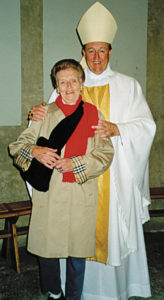
With his mother Joan after being installed as Bishop of Wollongong.
In 1996, at the age of 45, he became Australia’s youngest bishop when Pope John Paul II named him bishop of Wollongong.
At the time of his appointment, Wollongong Diocese was engulfed in an abuse crisis. Philip issued a formal apology to victims on behalf of the Church and gained the reputation of ‘healing bishop’.
During a Royal Commission hearing into abuse by a Wollongong priest, he was praised by the Commissioner for his persistent negotiations
with Vatican officials to have a priest defrocked.
The people of Wollongong had a critical influence in shaping him as a bishop and he remained close to many of his colleagues and parishioners.
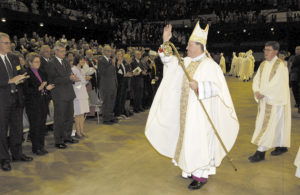 In 2000 he was appointed coadjutor Archbishop of Adelaide and was installed as archbishop on December 3 2001 in front of about 7000 people at the Adelaide Entertainment Centre.
In 2000 he was appointed coadjutor Archbishop of Adelaide and was installed as archbishop on December 3 2001 in front of about 7000 people at the Adelaide Entertainment Centre.
He immediately identified child protection and the handling of child sexual abuse in the Church as a priority and set about creating policies and procedures for schools and parishes.
In 2002, he was invited to address a special session of the United States Conference of Catholic Bishops (USCCB) as the bishops struggled to respond to a wave of clerical abuse cases.
A USCCB spokesman said at the time that Archbishop Wilson was invited because he was “wise in matters of faith, skilled in diocesan leadership and experienced in dealing with the scandal and the pain and misfortune that clerical crimes bring upon bishops, the people and the Church”.
His visionary leadership also manifested itself in other areas of Diocesan life such as the involvement of laity, including the appointment of women to the office of chancellor, creating a strong financial base and recognising and supporting the role of rapidly growing migrant communities. He tackled challenges such as the shortage of priests and diminishing Mass-goers with creativity and worked hard to strengthen the relationship between parish and school.
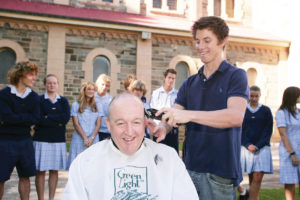
Archbishop Wilson has his head shaved to raise money for cancer research.
His pastoral care for the elderly and sick meant he rarely refused a request for a visit and was always willing to offer prayers that meant so much to loved ones.
His involvement in the cause for the canonisation of Mary MacKillop, for whom he had a deep affection, brought him great joy. Not only did he issue a formal apology to the Sisters of St Joseph for her ex-communication but was also the first pastor to say the words ‘St Mary of the Cross MacKillop’ in English at her canonisation ceremony in Rome.
Philip devoted much time and energy to young people in the diocese, meeting regularly with school and youth leaders, leading pilgrimages to World Youth Days and hosting the first national Catholic Youth Festival in Adelaide. He once said that he was always happy to put up his hand for major events such as this because “I know we have the people to do it”.
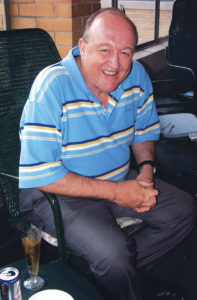 Regarded as a “moderate” in terms of Church politics, he was elected president of the Australian Catholic Bishops Conference in 2006, and was re-elected a further two terms. Over this six year period, he was highly thought of by his fellow bishops for his contribution at Plenary meetings and his commitment to unity amongst the bishops.
Regarded as a “moderate” in terms of Church politics, he was elected president of the Australian Catholic Bishops Conference in 2006, and was re-elected a further two terms. Over this six year period, he was highly thought of by his fellow bishops for his contribution at Plenary meetings and his commitment to unity amongst the bishops.
Philip was committed to reorganising the structures of the Bishops Conference and was the first person to promote the idea of a national Plenary Council which will finally take place this year.
A natural storyteller, Philip would draw from his childhood, the Scriptures and his incredible knowledge of history when delivering homilies, public addresses or simply chatting at the dinner table.
His capacity to find relevance to the world today in events of the past was a great asset in his interaction with people from all walks of life and also in his relations with other Christian denominations and faiths which was such an important part of his episcopacy.
When faced with allegations he concealed abuse by Fr James Fletcher in the Maitland diocese in the 1970s, Philip continued to carry on with his many duties as a bishop, often to the detriment of his health, before standing aside during the trial.
He submitted his resignation after the magistrate’s guilty verdict, a decision that attracted international media coverage but within six months had been overturned by a judge of the District Court.
Calls for his resignation had come from many, including Prime Minister Malcolm Turnbull, and while he had hoped to wait until after his appeal, Philip wrote that “there is just too much pain and distress being caused by my maintaining the office of Archbishop of Adelaide, especially to the victims of
Fr Fletcher”.
After serving three months in home detention with family on the Central Coast of NSW, he returned to Adelaide but was plagued by illness, including cancer.
He died unexpectedly, but peacefully, at Southern Cross Care’s Carmelite Residential Care, Myrtle Bank.


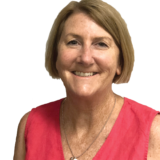
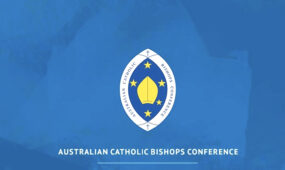
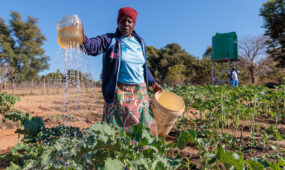
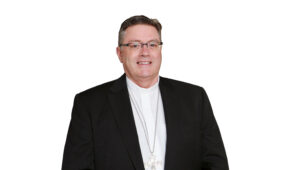
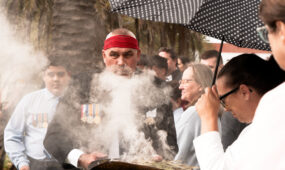

Comments
Show comments Hide comments